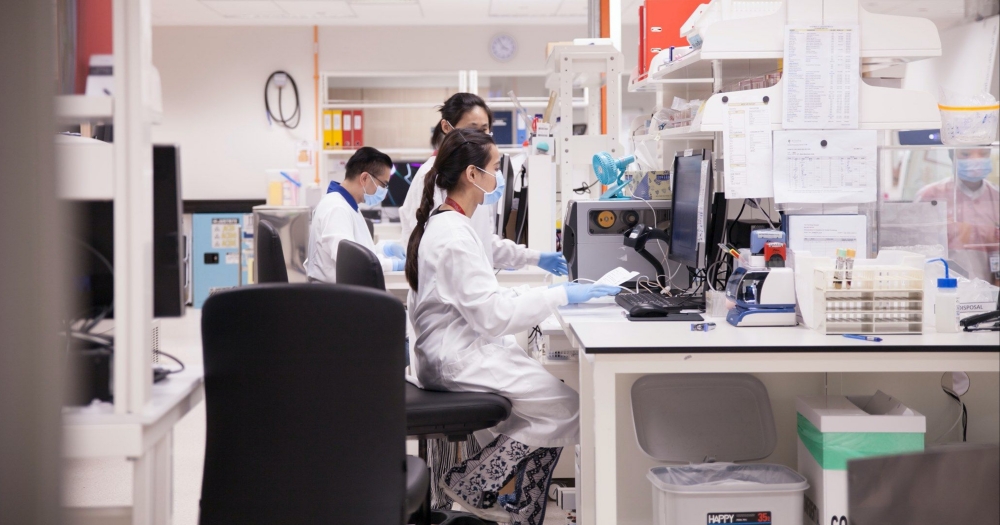On May 10, the Ministry of Health (MOH) announced that a total of 33 cases from a laboratory have been falsely tested positive for Covid-19.
According to MOH, the false positives were the result of an apparatus calibration issue for one of the laboratory's test kits.
These 33 cases were subsequently confirmed to be negative upon re-testing at the National Public Health Laboratory.
Put together advisories and guidance for labs
In response to a media query at a May 12 press conference, Director of Medical Services, Kenneth Mak, explained that the Covid-19 testing capacity has been lowered accordingly to allow the lab to conduct its quality assurance.
Mak added that this process might take place over "the next few days".
"We anticipate that this should complete very quickly and we should be able, subsequently, to return back to our current full test capacity."
In addition, to make sure that cases of false positives do not happen in the future, MOH has put together some advisories and guidances for all laboratories involved in the Covid-19 testing.
These are advisories that describe the standard processes that the labs have to do to make sure they produce accurate tests.
Mak explained that in situations where test results yield a presumptive positive or negative, the laboratories will be required to perform confirmatory tests so that there’s “greater confidence” in the test results.
Exploiting serology tests
One of the confirmatory tests include the serology tests.
These serology tests will not be used to test for a diagnosis of acute Covid-19 infection.
Instead, the tests will either measure the prevalence of Covid-19 infection in the community, or assess whether the patients have fully recovered.
Mak added:
"The serology tests may also be used as part of our strategy eventually to return workers back into productive routine in the community and return back into the dormitories."
Top image from TTSH/FB.
If you like what you read, follow us on Facebook, Instagram, Twitter and Telegram to get the latest updates.
